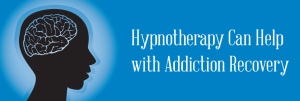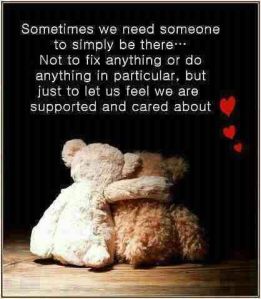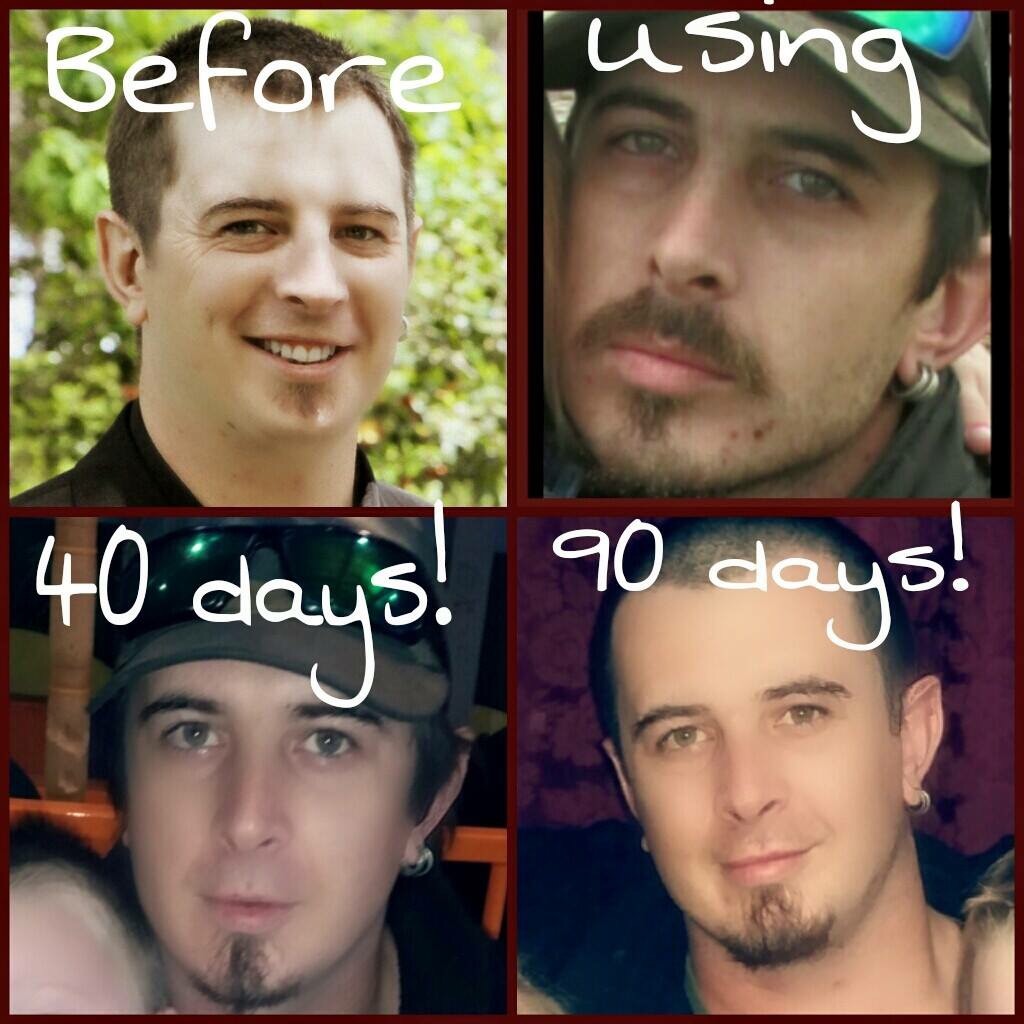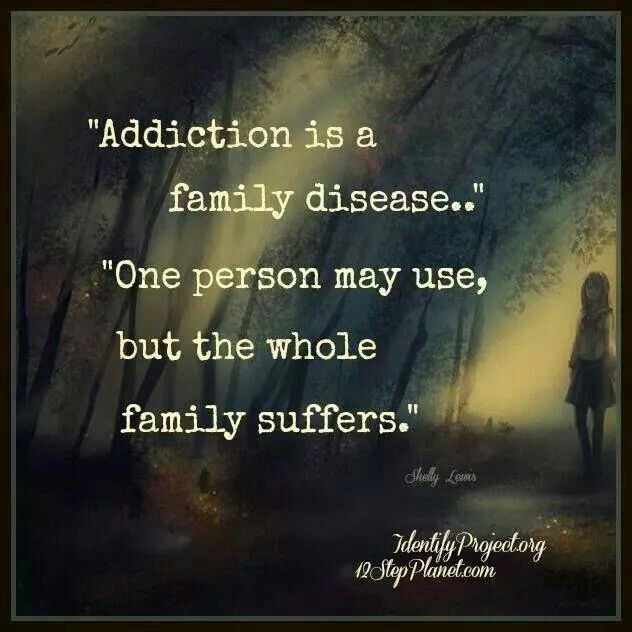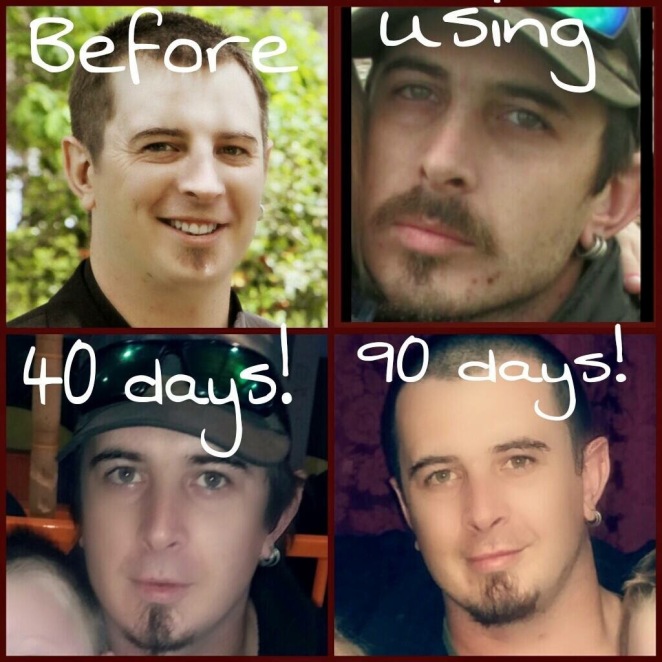Growing up with an addict in the family home is unquestionably traumatic. In these homes, children experience a daily environment of inconsistency, chaos, fear, abandonment, denial, and real or potential violence.
Did you know that children form their core values and beliefs from when they arrive into he world – to when they are around 7? These values that they form, will inform their life decisions.
Struggles of Children from Drug-Addicted Homes can include (and more):
*Guessing at what is normal. (Highlighted when entering school where they compare themselves to others to lean what ‘normal’ is)
* Difficulty having fun. (Fun times at home are often interrupted due to unpredictable behaviour – imagine having a negative association with fun)
*Judging themselves mercilessly. (It must be my fault type of thinking sets – if only I was a better child – my parent would love me)
* Difficulty with emotional relationships. (Inability to trust that they can share without an unpredictable response – leads to the inability to be intimate)
* Feeling “different” from other people. (The family is different, they translate that to them being different)
* Tendency to be impulsive. (They witness impulsive behaviour – they learn this through modelling of parental behaviour)
*Either super responsible or super irresponsible. (want in gto fix it all – or not caring about anything)
* Desperately seeking approval and affirmation. (neglected children are at greater risk of being abused due to their deep desire to feel loved. They are perfect prey for perpetrators who will take advantage of this vulnerability and groom them accordingly).
*Suffering from chronic anxiety. (Unpredictable environment breeds anxiety)
* Lacking self-discipline. (When the rules change around them – they have no idea what to follow – or follow through with resulting in lack of follow through to themselves)
* Suffering from an extreme lack of self-respect. (When a child is neglected – they feel unloved and that shows through lack of caring about themselves – they were never shown what care was to seriously care for themselves later in life)
* Fear and mistrust for authority figures. (Learnt by witnessing a parent respond to authority with disrespect- fearing the police as they associate them with taking a parent away)
If your partner is an addict – know only they can change their behaviour. You are responsible for the protection of your children.
Consider the following to help you conjurer the courage to make the change you know you need to for your children’s sake:
*What you tolerate from your loved one, in front of the kids – would you tolerate from a stranger?
*The impact of a strangers is soon forgotten. The repeated impact of trauma from the behaviour of a parent is life lasting.
*Do you take the brunt of the intolerable behaviour so that the children don’t have to?
Its your job as a responsible parent to protect your children from harm that you are aware of – and prevent harm should there be risk of it. This is a fact.
Save your children from the unnecessary trauma – and create a safe distance between them and the addicted parent. This doesn’t mean cutting them off – or out of your lives. It means changing and controlling what you can.


